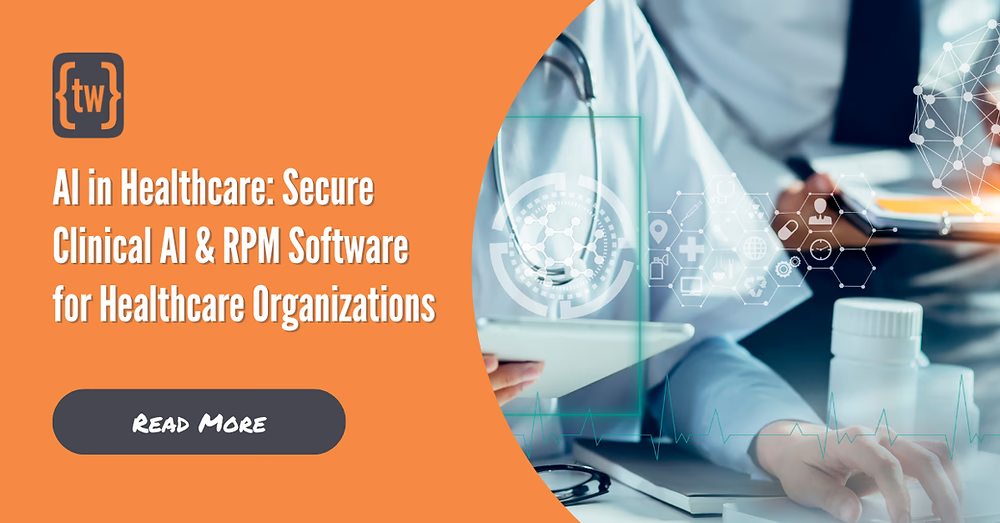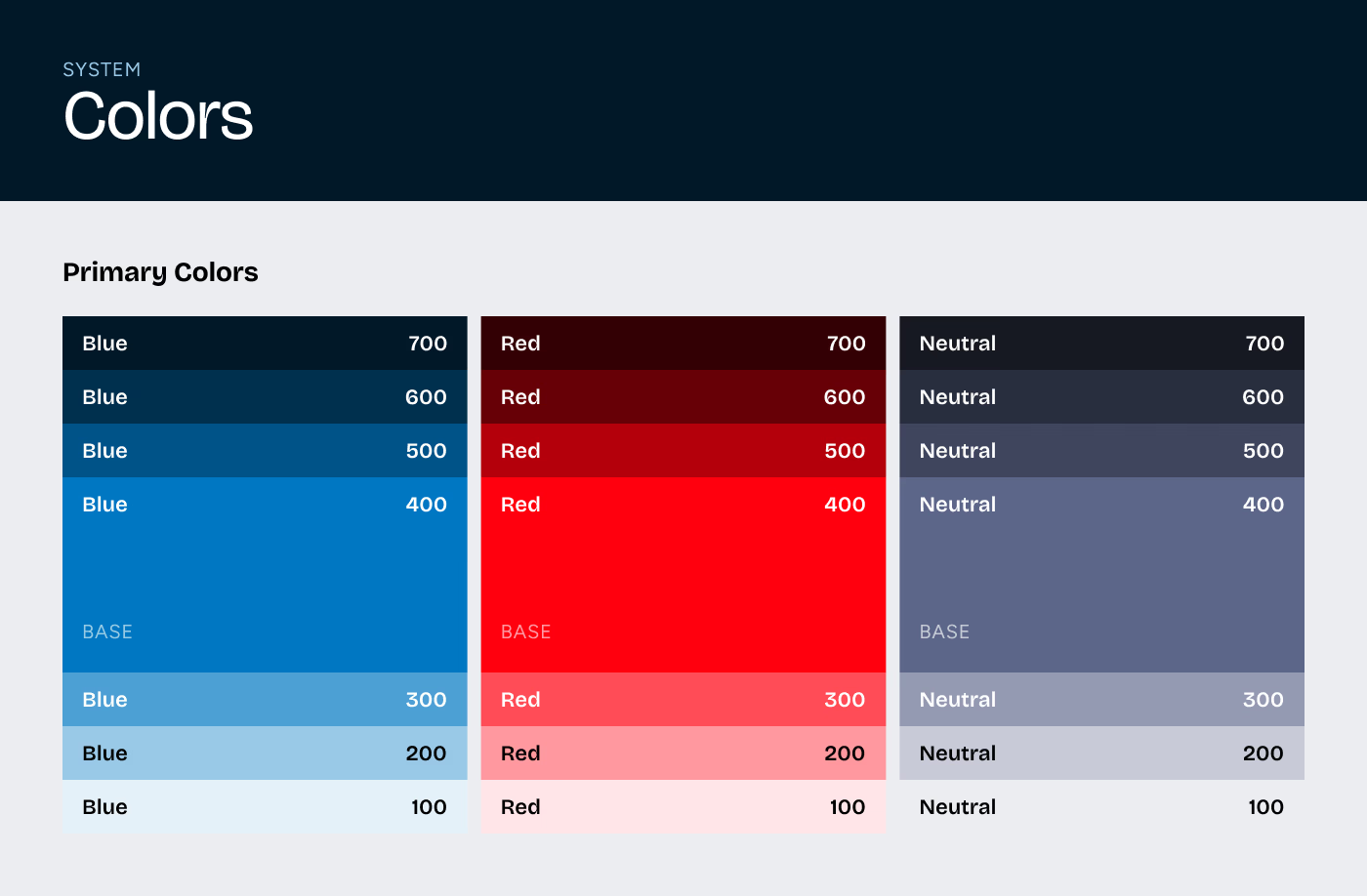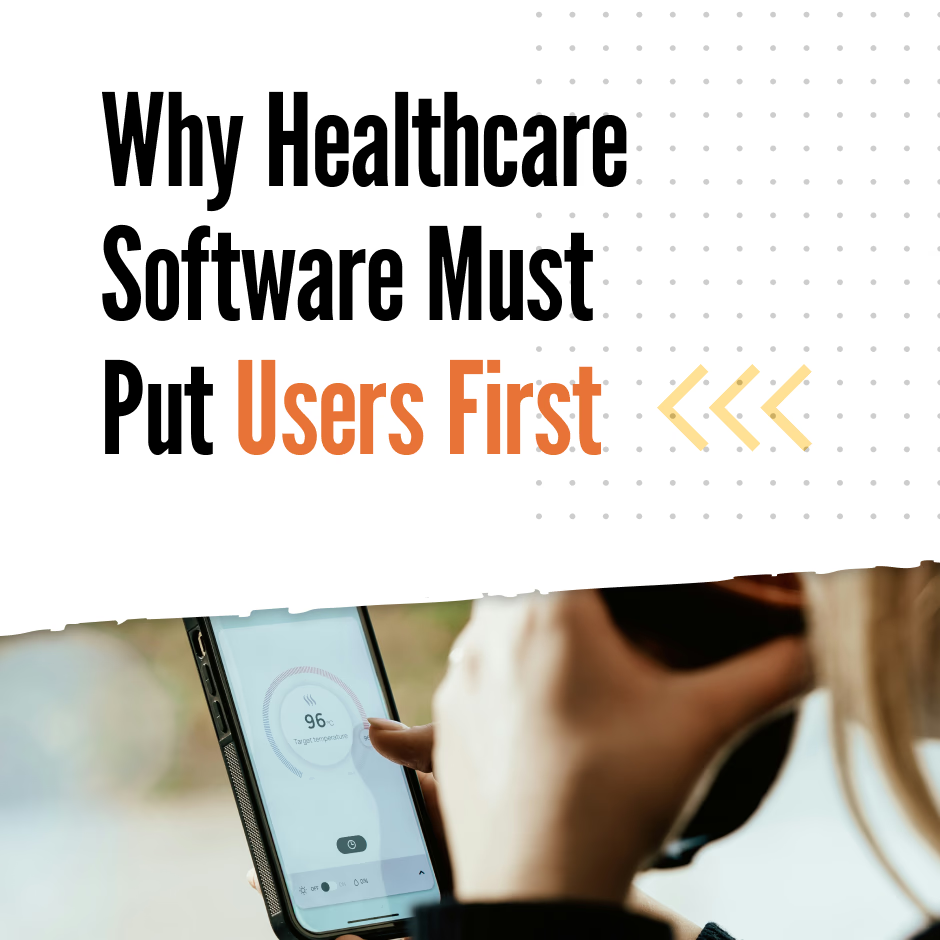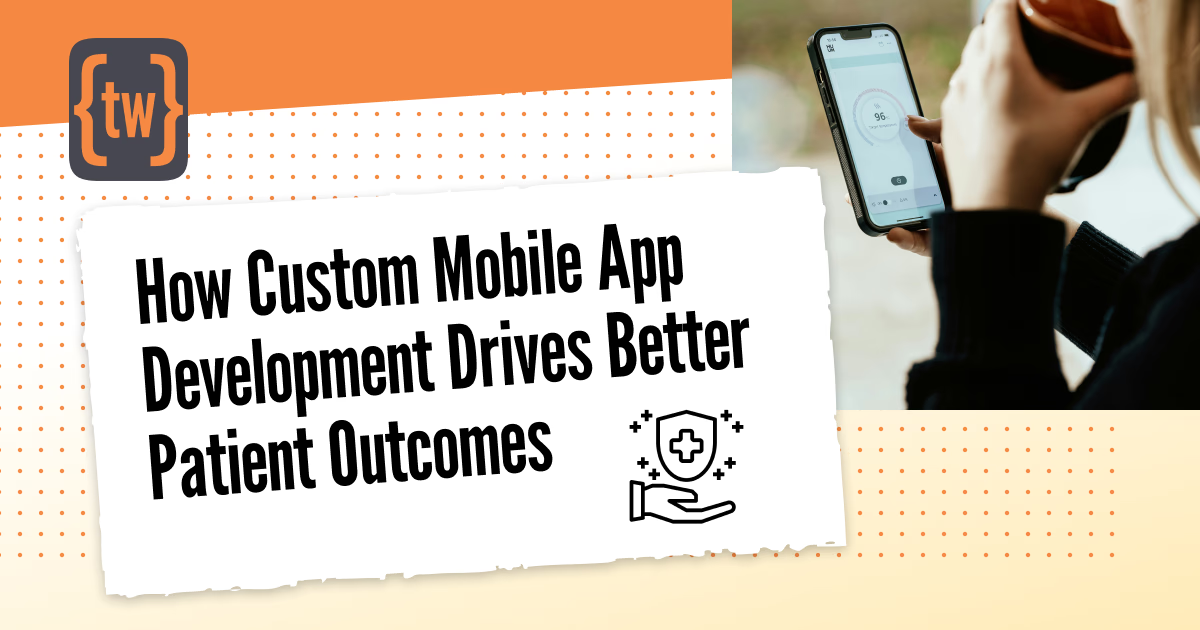Discover how AI is reshaping healthcare from clinical documentation and decision support to RPM systems and secure, HIPAA-compliant software. Learn how AI tools empower care teams and enhance patient outcomes.
AI Transforming Clinical Workflows & Documentation
Clinician burnout is a major industry pain point—particularly around clinical documentation. Generative AI tools, such as ambient listening systems and medical scribes, are reducing this burden. They transcribe patient encounters into structured clinical notes in real time. Providers report better patient rapport and fewer after-hours spent on documentation. Healthtechmagazine.net
Hospitals are integrating AI into diagnostic and coding workflows. This automation of routine tasks, such as SOAP or BIRP note formats and clinical coding, brings efficiency and reduces processing errors. arXiv.org
From Diagnostics to Decision Support
AI's role in diagnostics is well established. For instance, breast cancer detection rates increased by 17.6% in large-scale studies when assisted by AI tools. Recall rates dropped, and predictive accuracy improved.
Clinical Decision Support Systems (CDSS) are evolving. They now integrate AI algorithms that analyze EHR data and patient histories to assist in decision-making. Yet trust hinges on explainable AI and fairness—both core development principles in our software architecture. TheHealthcareExecutive.net
AI-Enhanced RPM & Chronic Disease Monitoring
AI-enabled RPM systems are transforming chronic disease management. These systems monitor vital signs, detect early deterioration, and deliver personalized care recommendation algorithms. Results include reduced hospital readmissions, proactive interventions, and improved long-term care quality.
Integrations with wearable RPM devices and dashboard analytics support early alerts. They help in behavior pattern detection and intervention workflows. This aids healthcare professionals in making targeted decisions for patients with chronic conditions.
Best Practices for Healthcare AI Adoption
To maximize AI’s impact responsibly, healthcare organizations should:
-
Evaluate data quality and solidify governance processes.
-
Involve clinicians, ethicists, and technical teams early in AI deployments.
-
Define measurable KPIs for effectiveness, safety, and usability.
-
Prioritize "explainability," fairness, and privacy protections in system design.
Key Benefits Summary
-
AI Clinical Documentation Tools : Reduces clinician burnout and time spent on paperwork
-
Clinical Decision Support AI : Enhances diagnostic accuracy and patient safety
-
Intelligent RPM Systems : Improves chronic care through predictive analytics
-
AI Workflow Automation (coding, triage) : Streamlines admin functions, optimizing revenue and efficiency
-
Explainable & Ethical AI Design : Builds clinician trust and reduces bias
Human-Centric AI – Balancing Automation with Trust
AI isn't meant to replace healthcare professionals—it supplements clinical capabilities. Strong governance frameworks and the FUTURE-AI guidelines ensure AI tools are vetted ethically. They must be fair in decision-making and transparent, especially in regulated environments.
The Future of AI in Healthcare
Exploring AI in healthcare? Whether it’s powering AI-backed RPM, improving documentation, or building compliance-first tools, Troy Web Consulting is ready to deliver.
Let’s discuss scalable, secure AI integrations built with clinical, operational, and regulatory needs in mind.
Conclusion
The integration of AI in healthcare is not just a trend; it is a transformative force. As organizations adopt these technologies, they must prioritize ethical considerations and clinician involvement. The future of healthcare is bright with AI, paving the way for improved patient outcomes and enhanced operational efficiency.



